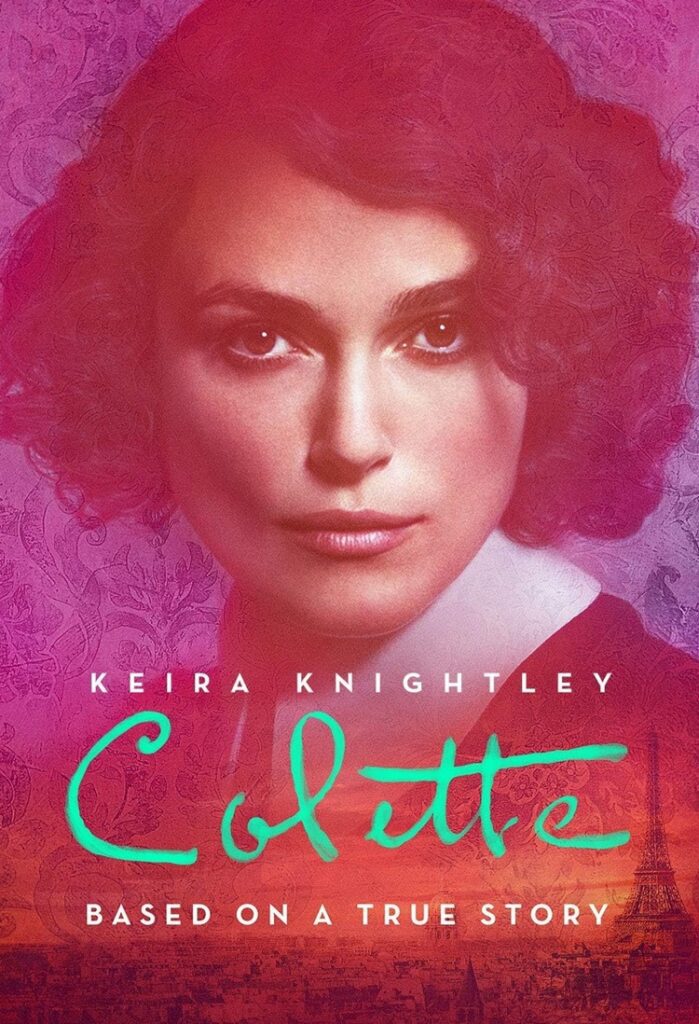
As an actress, Keira Knightley has become rather synonymous with period dramas. In fact, her two Oscar nominations were for period pieces: Pride and Prejudice and The Imitation Game. But here’s hoping that she can be in the running for a third nomination with Colette, a biopic on the life of a famed novelist who slowly found the courage to speak up after being silenced for so long. Knightley manages to do some of the best work of her career, portraying a complex woman who is vulnerable, sexually liberate, and tenacious.
The titular novelist whom the film is based on is Gabrielle Sidonie Colette. When she was a young woman, she lived in the countryside with hardly a cent to her name. But her life changed when she married a charming Parisian man fourteen years her senior named “Willy” (Dominic West). Once Colette realized her creative potential, Willy convinced her to ghost write a novel for him. Her novel, a semi-autobiographical book about a country girl named Claudine, ended up being a success and even became a series. However, as Willy continuously took credit for her work, Colette eventually fought for creative ownership.
When we are first introduced to Colette, Knightley presents her with a free-spirited credulity that eventually morphs into a steely resolve as the turbulent marriage between her and Willy progresses. Even when it becomes difficult to leave Willy because of her financial and emotional dependence on him, Colette still never fails to let her voice be heard. As for Dominic West as the charming Willy, he presents an encapsulation of toxic masculinity, exuding arrogance and manipulation with ease.
Then there’s a character who we never even meet and that is Claudine. Claudine may be a fictional character but she still manages to be integral to the film’s thematic material. Once Colette’s writing grows in popularity, Claudine ends up becoming a brand, allowing the movie to depict the topic of fame. Also, the character of Claudine is based entirely on Colette’s life, showing how authors tend to use writing as a form of expression and release.
As a result of the film attempts to juggle all sorts of themes at once, the portrayal of Colette and Willy’s abusive marriage, which is a main focal point, appears rather sanitized. However, the movie still reminds us that emotional abuse proves to be just as harmful as physical abuse. Colette may not have been physically hit but Willy locking her in a room just so that she could write more and taking sole credit for her work, making her feel invisible, both have a lasting effect on her.
Although, because the film makes rather hasty time jumps, it can be difficult to feel the long-term impact that Colette’s marriage had on her. Also, the time leaps may make some viewers wonder what happened in between certain years. Yet at the same time, the main focus on key events in Colette’s life may prove to be beneficial. Just like with any film about a historical figure, it is important to bring their story to life but not every microscopic detail.
In conclusion, Colette manages to be a masterful telling of marriage, the nature of celebrity, and the power of artistic expression that is anchored by a committed, career-best performance by Keira Knightley.